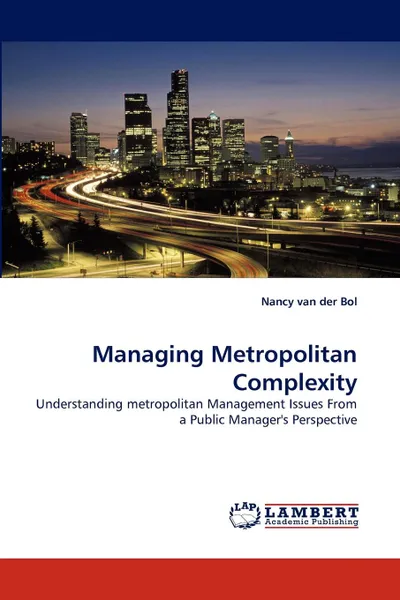Managing Metropolitan Complexity 12+
Автор: Nancy van der Bol
100 страниц
Категория: Научная литература
ISBN: 9783838334523
Язык: Английский
🔖 Due to globalization, metropolitan regions are increasingly competing on an international scale. In order to be economically attractive, the development of physical spaces and infrastructures have become of vital importance. The increasing complexity of physical and social relations however has complicated decision-making in these regions, causing lengthy processes and suboptimal results. In 'Managing Metropolitan Complexity', the underlying role of public managers in managing metropolitan complexity is analyzed. The accounts are studied of individual public managers of their attempts to develop spaces in the southern Randstad region in the Netherlands. By this, an understanding of metropolitan management as a socially embedded, demarcating practice with all its advantages and drawbacks is revealed.
Мнения
